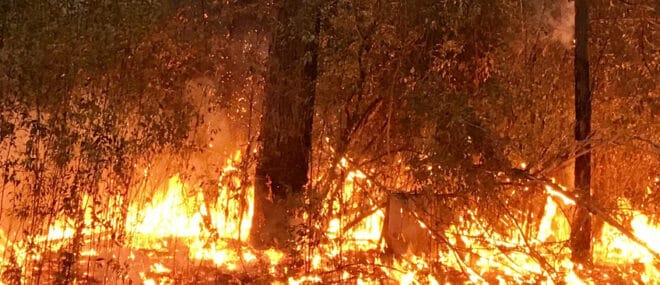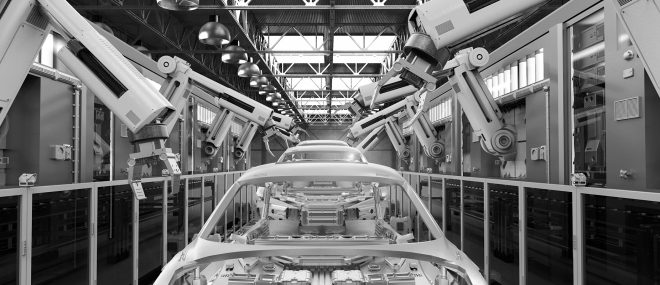Transferring and handling of gasoline is one of the most dangerous activities in a repair garage. If this process is not completed properly, serious fires can result. The opportunity to extinguish a fire is short, and usually there is only time to evacuate the building. Burn injuries are common.
Why is gasoline so dangerous?
It is all a matter of flashpoint. This is a technical term, but it’s not complicated. Flashpoint is the lowest temperature at which flammable vapours are produced in ignitable concentrations by a liquid. For gasoline, the flashpoint is –43°C.
An open pail of gasoline at room temperature releases flammable vapours into the atmosphere. The area above and around the pail is filled with invisible and explosive vapours. A spark, trouble light, static electricity or a cigarette can ignite the vapours.
How is gasoline transferred safely?
Vapour containment is key. If there are no flammable vapours in the atmosphere, a fire cannot occur.
A gas caddy is a large safety container with added features to siphon or dispense gasoline safely. The safety features include a two-way hand pump, flame arrestors, and a bonding cable to eliminate static electricity.
Have a shop that is involved in gasoline fuel system service work, replacing fuel pumps or changing gasoline? Ensure that tanks must have a gas caddy or enclosed pumping equipment. (Reference: provincial adoptions of Section 4.1.8.4 “Fuel Tanks of Vehicles” of the National Fire Code of Canada).
We recommend:
- Ensuring you have a gas caddy if you are involved in any gasoline transferring.
- Establishing and reviewing proper gasoline transferring procedures with all staff.
- Ensuring all new employees receive immediate training on gasoline transferring.




